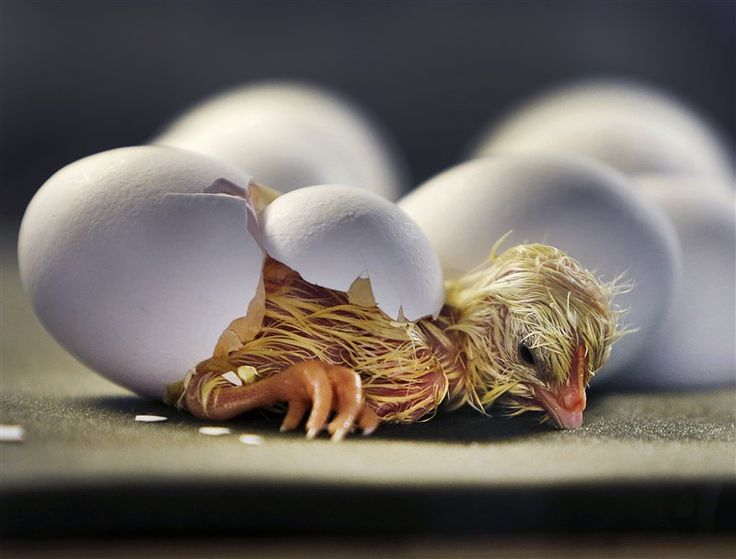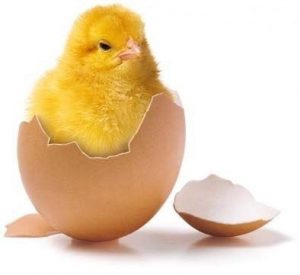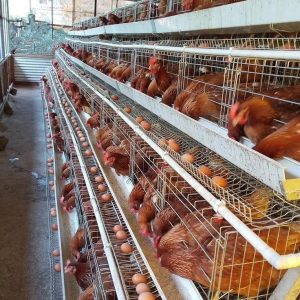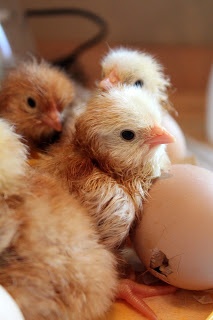
- Quality hatchery and chick sourcing: Choose a reputable hatchery or supplier that follows good breeding practices and maintains high standards of hygiene and biosecurity. This helps ensure that the chicks you receive are healthy and have a lower risk of disease or genetic issues.
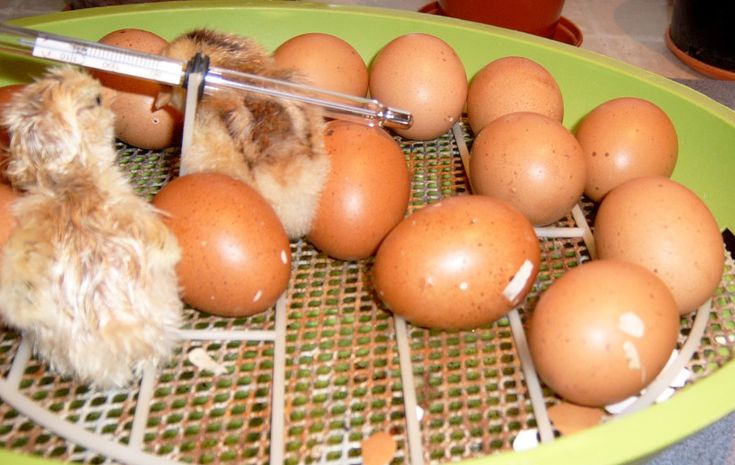
- Proper brooding management: Provide a clean, warm, and well-ventilated brooder house for the chicks. Maintain the brooder temperature at the recommended levels (around 95-100°F for the first week) and gradually decrease it as the chicks grow. Ensure proper ventilation to prevent respiratory problems.
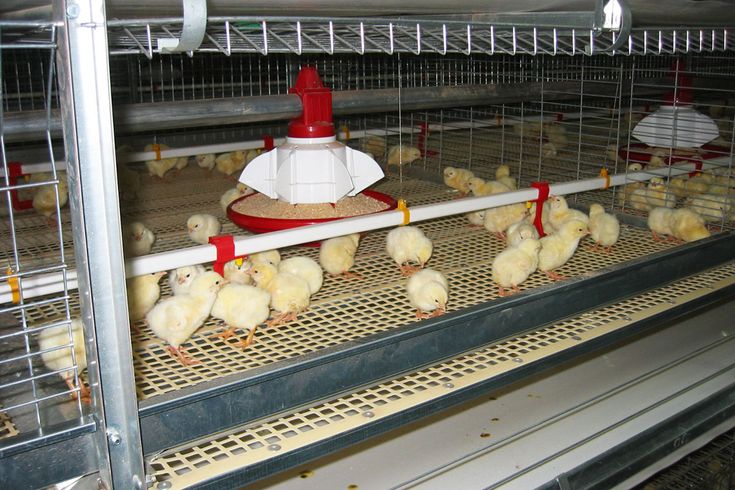
- Adequate nutrition and water supply: Offer a balanced and nutritionally complete starter feed specifically formulated for the chicks’ age and breed. Ensure a constant supply of clean and fresh water, accessible to all chicks. Monitor feed and water intake to ensure they are consuming enough.
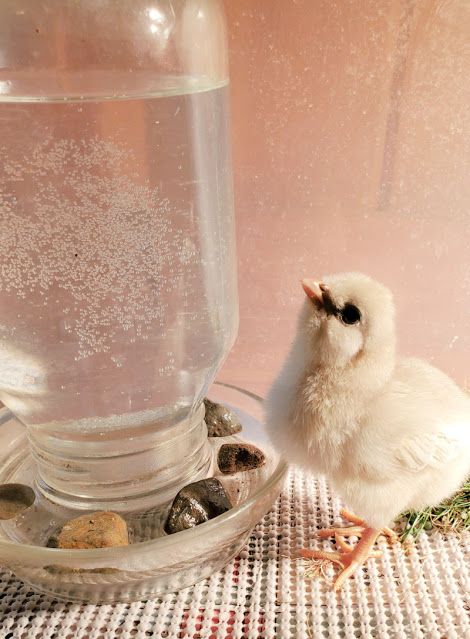
Not forgetting, our company can help you to start by giving you all the necessary information you need to get started if not yet in the business. Please check our online shop, we have all the standard business proposals for different capacities at very a cheap price made by the best agricultural specialists as well as Standard design plans that are made by the best agricultural architects around the globe. please visit our online shop now using the links below to witness by yourself
Design plans (FARM HOUSE DESIGNS – Kimd Construction & Farm Consultants)
Business plans (BUSINESS PLANS & PROPOSALS – Kimd Construction & Farm Consultants)
Welcome back from visiting our shop, hope you have placed your order for any of our products or you can place it after navigating more of our informative articles.
So let’s continue with our article!
- Disease prevention and biosecurity: Implement strict biosecurity measures to prevent the introduction and spread of diseases. This includes disinfecting the brooder house, providing clean bedding, and limiting visitors’ access. Vaccinate chicks against common diseases based on the recommendations for your region and consult with a veterinarian for appropriate vaccinations.
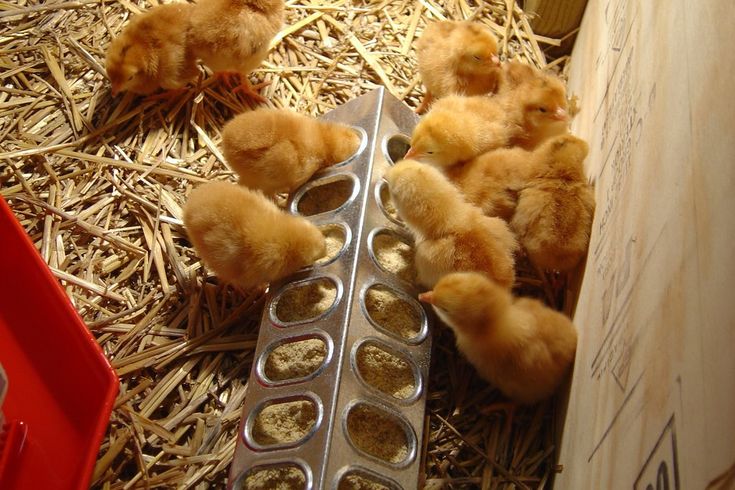
- Proper handling and care: Handle the chicks gently to minimize stress and injuries. Avoid overcrowding in the brooder house to prevent suffocation and ensure adequate space for movement. Regularly observe the chicks for any signs of illness, injury, or abnormal behavior, and take prompt action if needed.
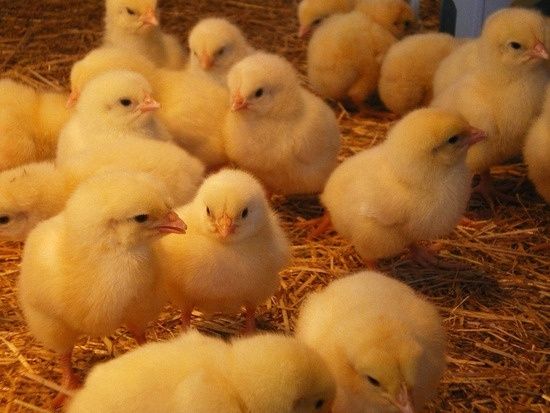
- Monitoring and record-keeping: Keep track of important parameters such as temperature, humidity, feed consumption, and mortality rates. Regularly monitor and record these data to identify any patterns or deviations, allowing you to take corrective measures in a timely manner.
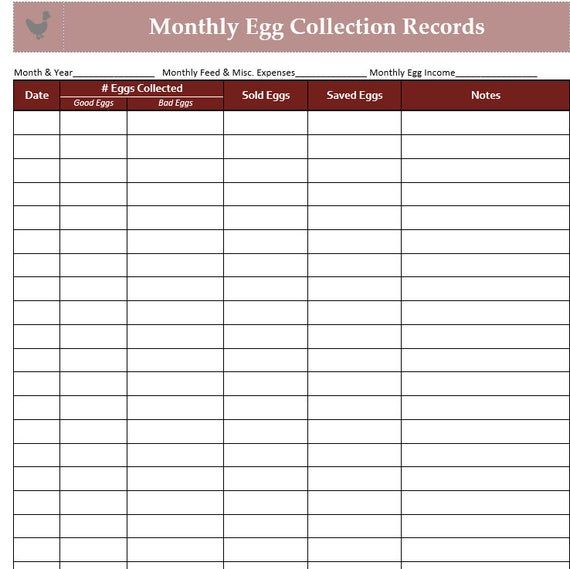
- Hygiene and sanitation: Maintain a clean environment by regularly cleaning and disinfecting the brooder house, feeders, waterers, and other equipment. Proper waste management and removal of dead chicks are also important to prevent the spread of pathogens.
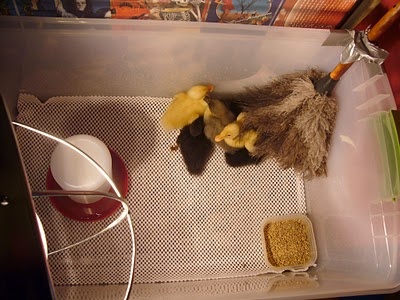
Remember, reducing chick mortality requires a comprehensive approach that includes good management practices, proper nutrition, disease prevention, and regular monitoring. Consulting with experienced poultry professionals or veterinarians can provide valuable guidance specific to your situation and help further improve the health and survival rates of your chicks.

